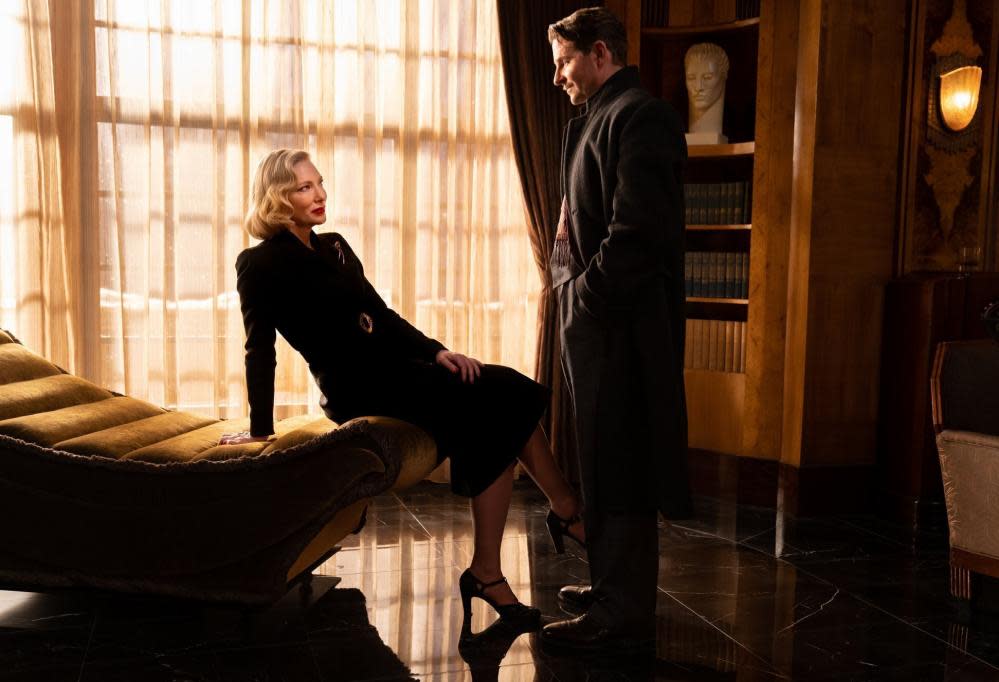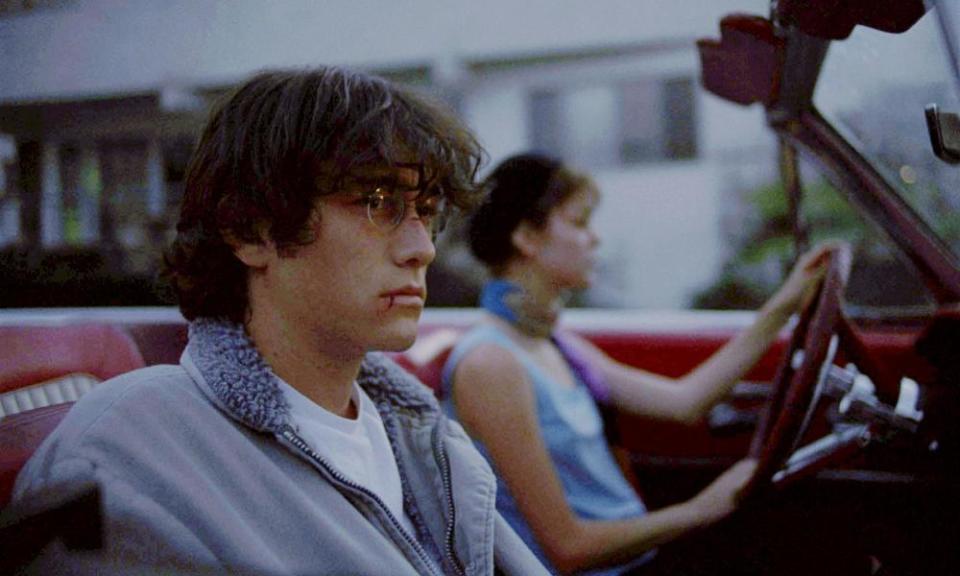Nightmare Alley and the best modern film noirs

Guillermo del Toro’s seductive remake of the gritty cult classic hits a genre sweet spot alongside LA Confidential, The Postman Always Rings Twice and more
Our most enduring images and memories of film noir tend to be rooted in the 1940s and 1950s: say the words and monochromatic visions of fedoras, slinky satin gowns and unrestricted billows of cigarette smoke inevitably come to mind. That makes it a difficult genre to tackle in the present day, even if its themes and social corners are hardly era-specific. Lean too hard into the period styling and it feels like empty cosplay; update it too much and the shadowy romance dissipates.
Guillermo del Toro’s snaky, seductive remake of Nightmare Alley (now on all major VOD platforms) gets the balance just about right, even if its early-40s production and costume design is sumptuous in a way that Edmund Goulding’s 1947 original, still among the darkest and harshest of all classic noirs, never thought to be. Expensively dilapidated and luridly lit, Del Toro’s film indulges in a degree of genre fetishism, never less than when Cate Blanchett is on the screen, sheathed and hairsprayed and vamping up a storm as a venomous femme-fatale psychoanalyst. But it retains a genuine jolt of human corruption and moral curiosity, all held in Bradley Cooper’s remarkable lead performance as an ambitious, cool-blooded carnival worker willing himself into high society at any cost. Cooper wears a fedora and high-waisted suit well enough, but his character’s tortured interior life never feels dressed in quotation marks.
Rafelson’s film focuses on what its predecessor could not: explicit carnal energy between stars Jack Nicholson and Jessica Lange
Nightmare Alley struts with a conviction similar to Curtis Hanson’s pitch-perfect LA Confidential (Amazon) – now 25 years old but so convincingly immersed in its period and aesthetic that it feels at once far older and fresh as a daisy. This black-hearted, acid-tongued adaptation of James Ellroy’s labyrinthine saga of police rot wasn’t a remake of any classic property: it simply feels like it should always have been around, given the rich, seamy textures of its mid-century Hollywood world-building and the fluency of its all-star cast in jazzy, witty noir patter. Hanson’s film came out one year after Lee Tamahori’s similarly styled, similarly plotted and little-remembered Mulholland Falls (Amazon), a suitably moody, enjoyable diversion in which every actor nonetheless seems to be striking and holding a pose.
Del Toro’s film also breaks a bad-luck streak for film-makers reimagining already beloved examples of the genre: undistinguished 1970s remakes of The Big Sleep and Double Indemnity have been forgotten for a reason. But Bob Rafelson’s spiky, steamy 1981 take on The Postman Always Rings Twice (Google Play) holds up better than sneering critics might have predicted at the time. Not setting out to improve on Tay Garnett’s lean, mean 1946 original, it instead focuses on what its predecessor could not: explicit carnal energy between stars Jack Nicholson and Jessica Lange. And Steven Soderbergh’s sinuous, underrated The Underneath (Apple TV) successfully remade its noir source (Robert Siodmak’s 1949 Criss Cross) by situating it in a particular milieu of mid-90s urban American murk, crisp chiaroscuros replaced with bilious neon lights.

Younger film-makers are more comfortable lifting the tenets of film noir into brightly lit, unrecognisably different 21st-century worlds: see Rian Johnson’s ingenious melding of the noir moral code with high-school politics in Brick (2005; Chili), or David Robert Mitchell’s divisively eccentric, wandering Under the Silver Lake (2018; Mubi), in which millennial anxiety keeps derailing its Los Angeleno mystery. In today’s cinema, there’s more than one way to keep noir from fading to grey.
Also new on streaming and DVD
Turning Red
(Disney)
Now available on DVD and Blu-ray for the benefit of non-Disney+ subscribers, this thoughtful, kind-hearted coming-of-ager from Pixar breaks with their frenetic storytelling formula to explore more tender adolescent realities with just the right amount of metaphorical cleverness. Strangely denied a cinema release, it’s one of the studio’s smartest recent efforts.
Wolf
(Universal)
The premise is intriguing: Jacob (a committed George MacKay) believes himself a wolf trapped in a man’s body, finally meeting a kindred spirit while in therapy. But Nathalie Biancheri’s morose film is too concerned with moral binaries to have much impact as the gender dysphoria allegory it keeps suggesting.
Jackass Forever
(Paramount)
Speaking of untamed, the crew of onetime MTV pranksters are (mostly) back together, and middle age has seemingly brought them no wisdom. Which is exactly what you’d hope for from a reunion of Johnny Knoxville et al: their shtick remains unchanged, even as a few friends have been lost along the way, lending a sort of noble defiance to their arrested development.

 Yahoo Movies
Yahoo Movies 
